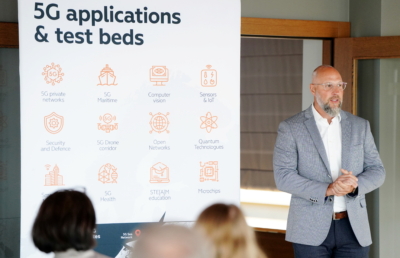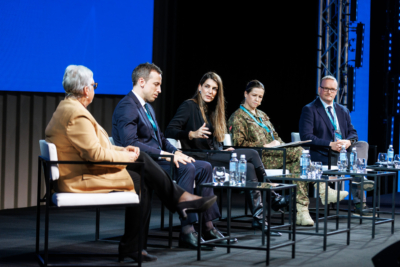The 5G Techritory Forum is fast approaching and we are excited to have the Nordic Council of Ministers on board as one of the main supporting partners of the Forum.
The Nordic Council of Ministers is the official body for inter-governmental co-operation in the Nordic Region. It has continuously proved to be an important and relevant discussion platform in the regulation and exploitation of digitalization within the region.
To promote a cohesive and integrated digital Nordic Region, the Council has established MR-DIGITAL – an ad hoc council of ministers for a four-year period from 2017 to 2020. As with the Nordic Council of Ministers itself, the collaboration in this particular ministerial council includes the Nordic and Baltic countries. The MR-DIGITAL council will benefit the region’s residents, businesses, and public administration – and we are already seeing the results.
Here are some of the main points of success that have been achieved in the Nordic-Baltic region with the assistance of the Nordic Council of Ministers and MR-DIGITAL:



